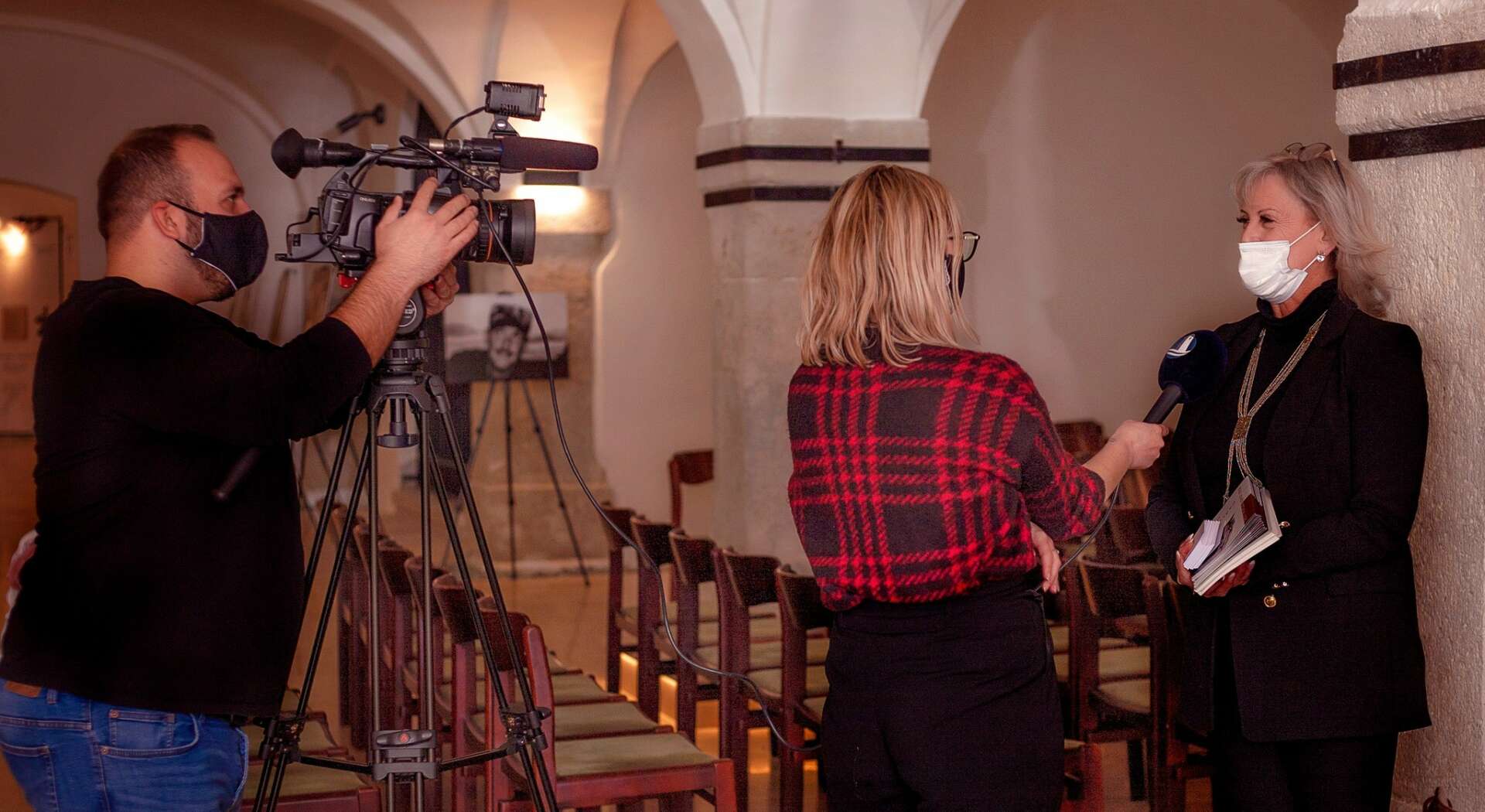We recently connected with Ryta Gaal and have shared our conversation below.
Ryta, appreciate you joining us today. Let’s start with the story of your mission. What should we know?
Why would a 25-year-old girl work in a war zone instead of working as a journalist for a publisher in a safe and comfortable office?With so much time gone at 50 I believe that young people are motivated by totally different things. I was always very ambitious, and, no offense to anyone, but I just can’t stand mediocrity. I could never imagine my life as a simple house wife – that would never have worked for me.You’re not the only photojournalist in the family, if I’m not mistaken.That’s right. My grandfather was a writer. My father worked as a journalist at a military magazine at the air force in Veszprem. I didn’t intentionally pick this career – it was a matter of course with my
family background. Naturally, at the time that wasn’t all that rosy. I remember that while my buddies were going on vacation or to camp, I had to spend my entire summer holiday reading. Then I
was really mad at Dad for this, but now I am very grateful.
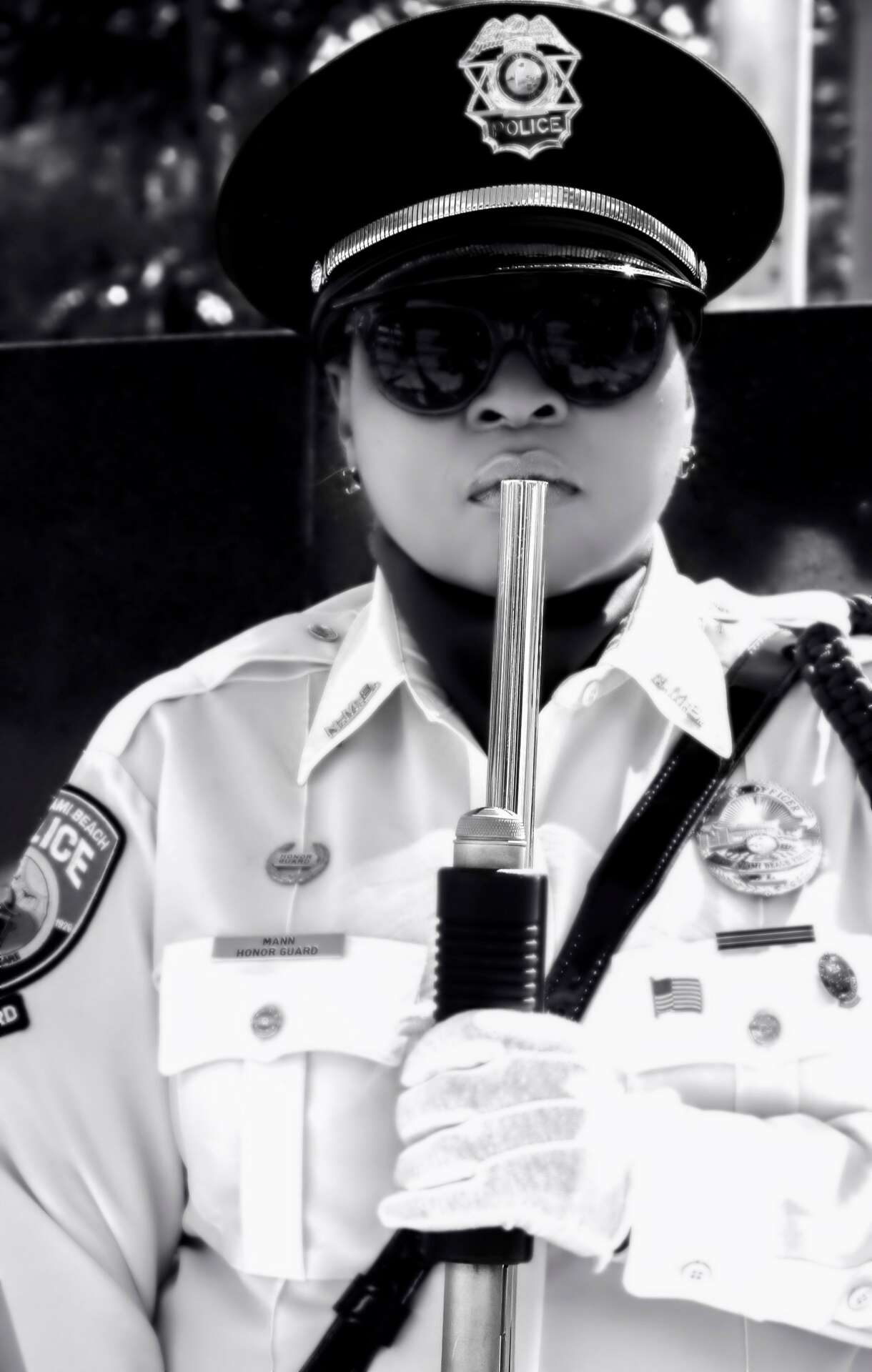

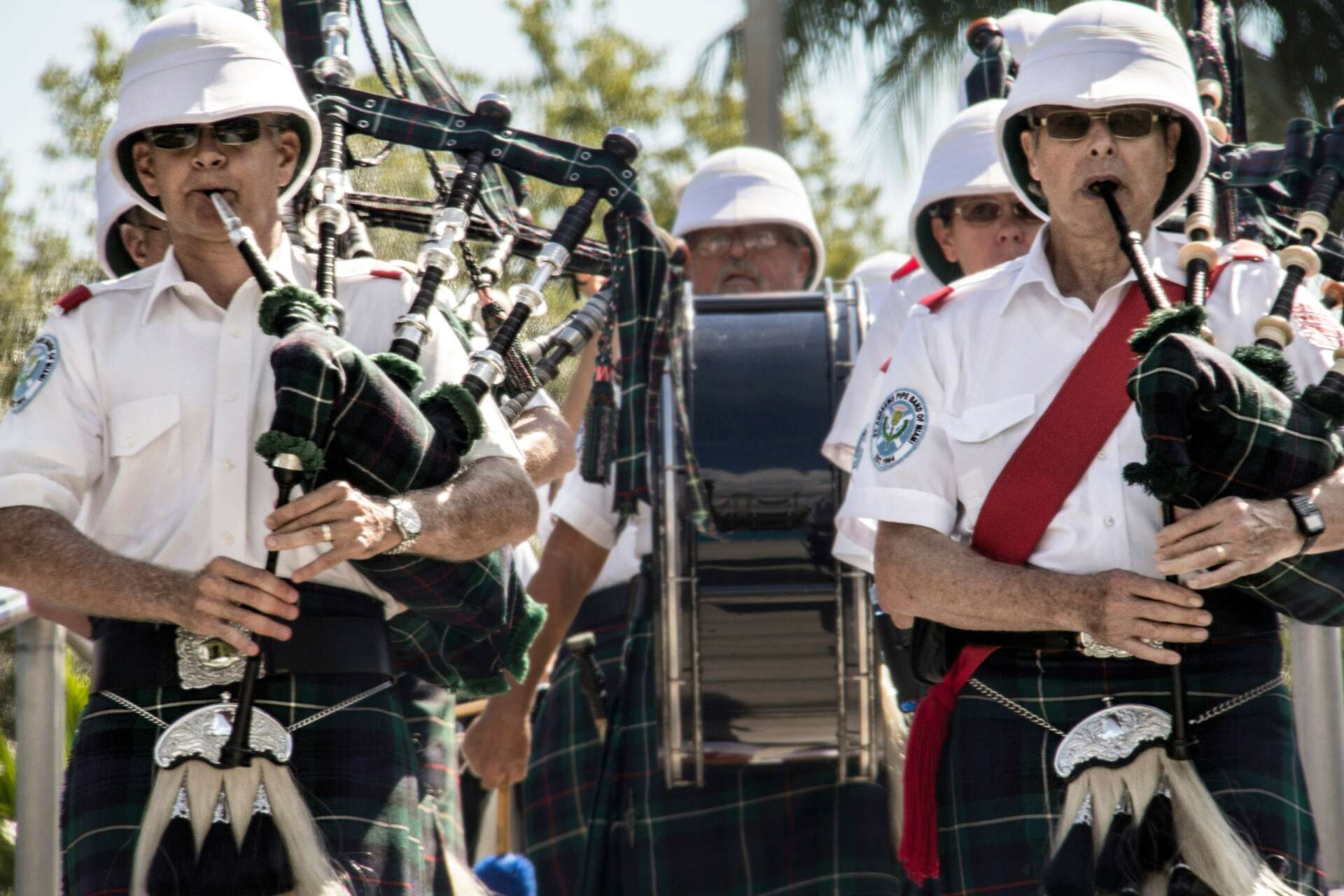
As always, we appreciate you sharing your insights and we’ve got a few more questions for you, but before we get to all of that can you take a minute to introduce yourself and give our readers some of your back background and context?
How did you get involved with the war?The town we lived in was so close to the border that the windows of my room were trembling from the shockwave of the bombs. It was horrible just to hear it; meanwhile I was thinking of our relatives in Eszek, wondering if they were all right. A few days later there was a knock on our door, and one of our relatives, a man was standing there, crushed and terrified. He didn’t say a word
when he saw me, just looked at me with fear in his eyes.Milan was a Croat; his wife Maria was a Serb. The Serbs and the Croats were fighting the war. Milan came to me for shelter. He escaped across the border, because if he had stayed, he would have
been drafted and forced to fight his wife’s family.Milan told me a lot about what was happening in Bosnia then. I heard some terrible things from him. I promised him to help rescue the rest of his family, because he had escaped leaving his wife
and two daughters behind. What I saw and experienced on the way is hard to describe. Since I did not set out as a journalist – only somebody trying to help her relative, I did not bring a camera with
me, and at that time cell phones weren’t around yet, so I could not take any pictures.When I returned to Hungary with the rest of the family, I felt I had to go back with my camera, because the world had to know about the atrocities happening down there. That’s how it all started.
Later in 1995 the US Army arrived in Hungary, and I started working with the PAO, produced a newspaper for the soldiers and worked as a war correspondent for European news agencies, all those
years up to 2001.
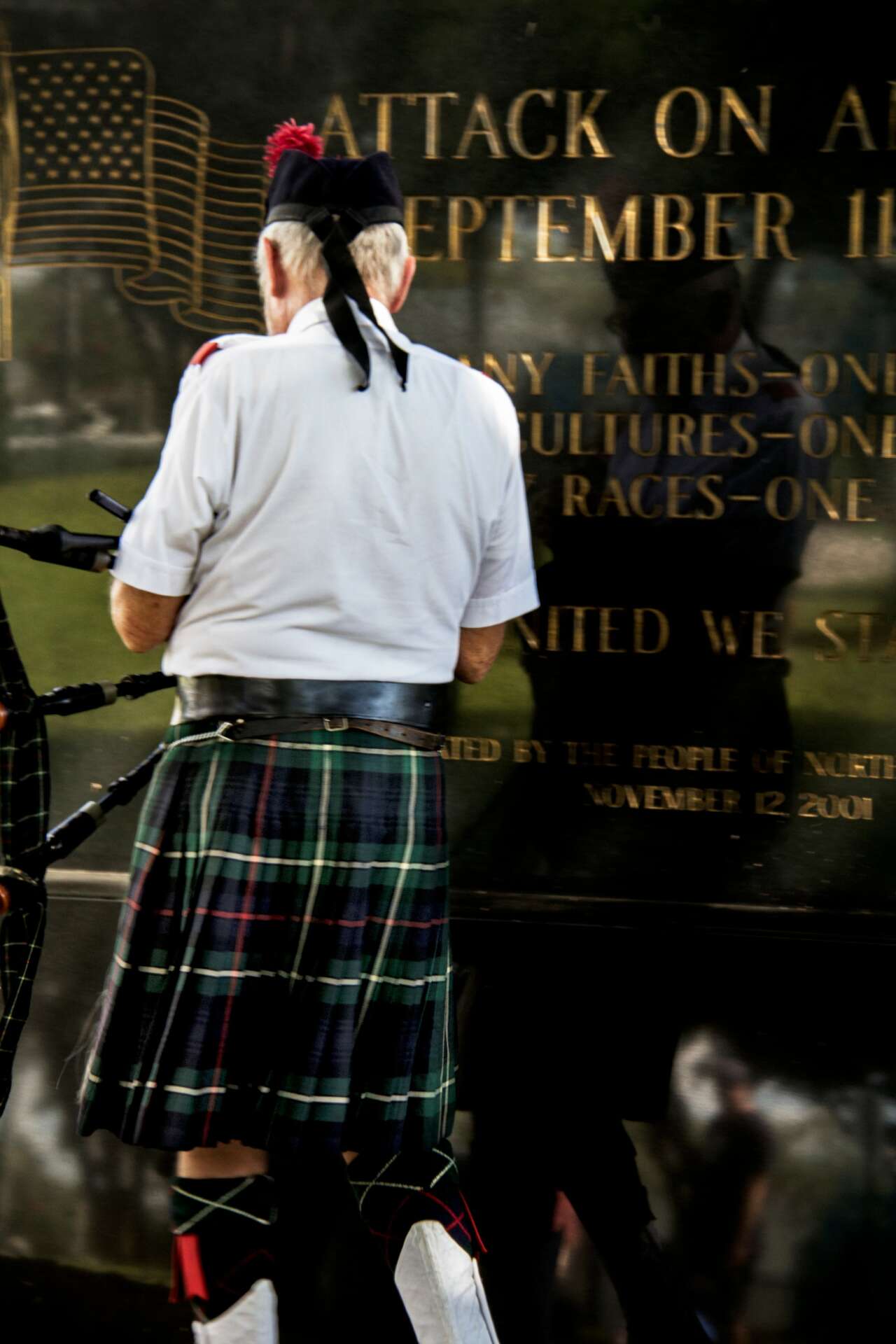
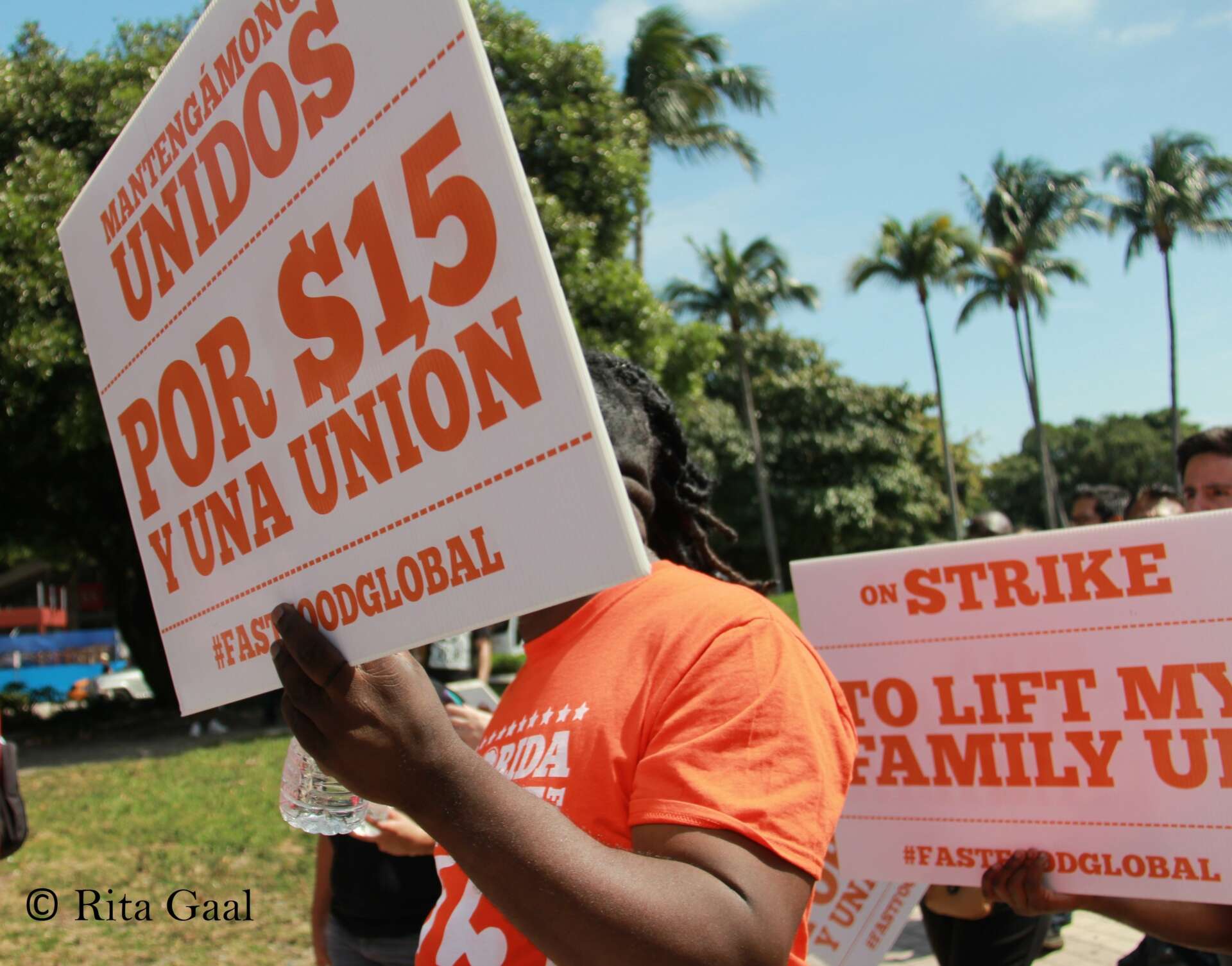
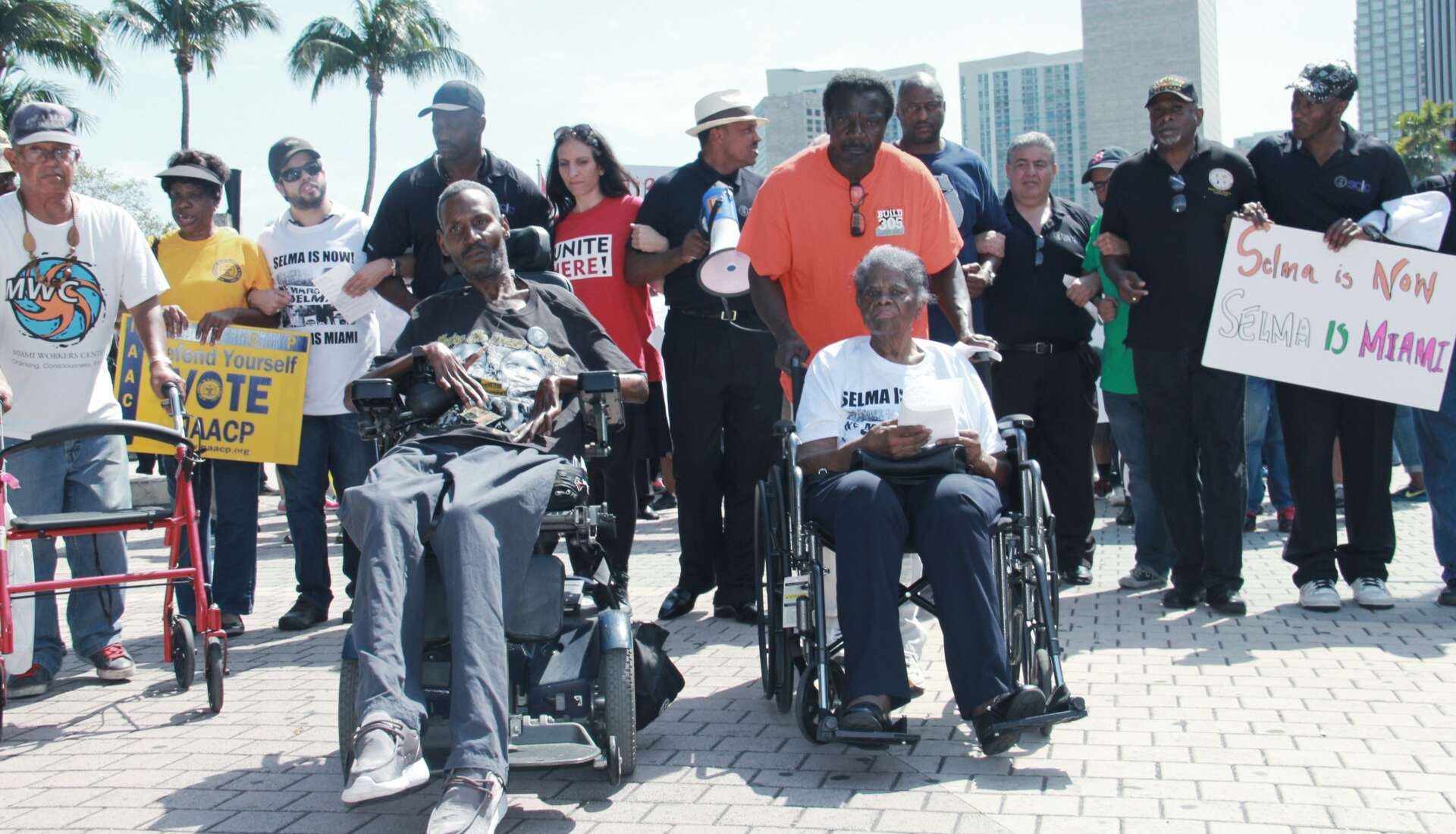
What’s a lesson you had to unlearn and what’s the backstory?
You pioneered being a female war correspondent in Hungary. How did you live through those atrocities as a woman? Can you prepare yourself mentally, physically as well as a man?That’s a very good question. I have never understood why people think that a woman cannot bear as much as a man. Perhaps it’s harder for her to lift a heavy rucksack – that’s all. A female war correspondent can do just as well as any male counterpart.You are the only female journalist awarded by the Pentagon for her work.I am very proud of that award. I had the honor to receive it personally from the Secretary of Defense Mr. William Cohen, with whom I am still in contact.
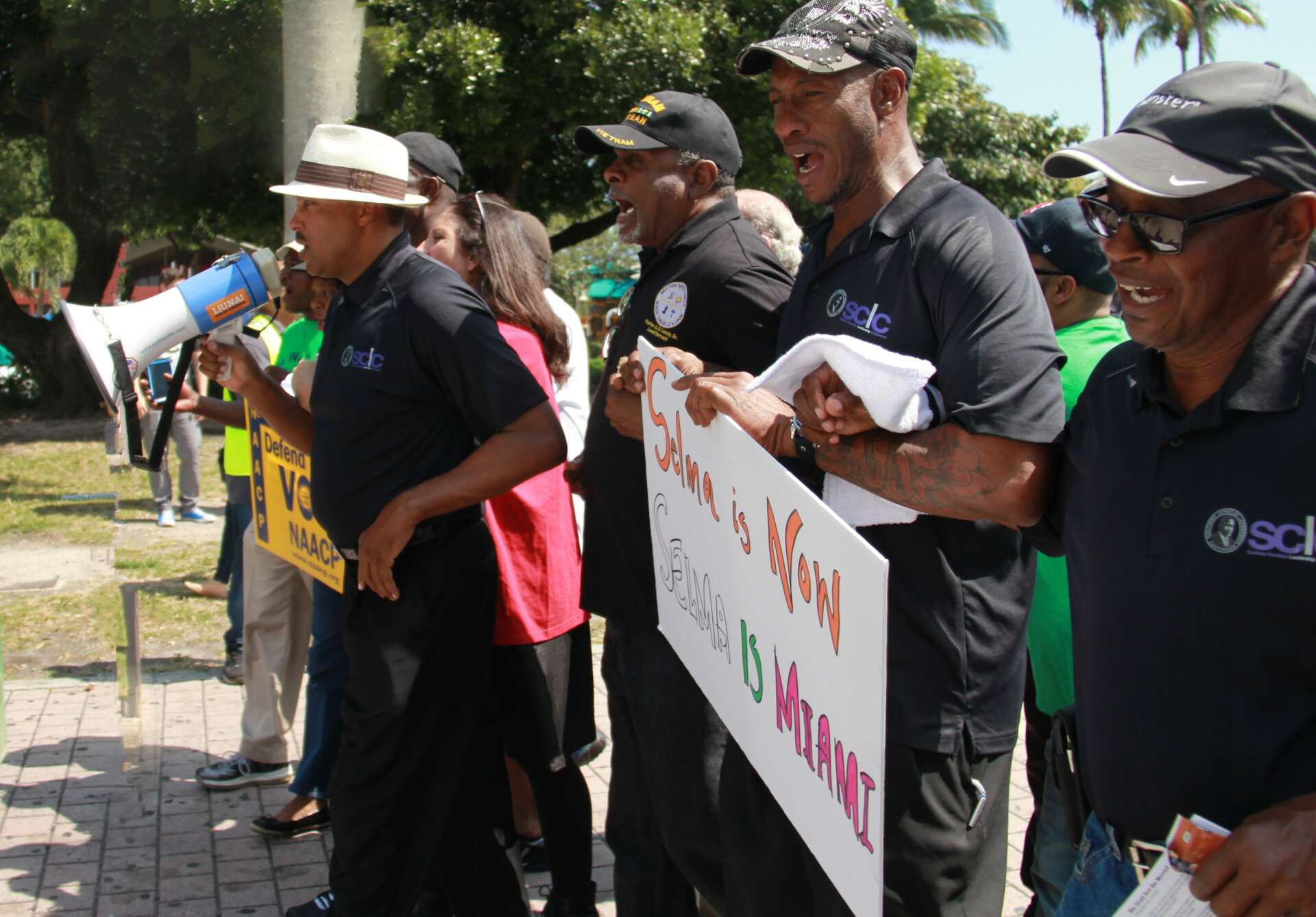

What do you think is the goal or mission that drives your creative journey?
What are your future plans?I am currently expecting to receive my license to become a White House News Photographer. If I get it, I believe I will have reached the peak of my career – the highest peak any Hungarian photo journalist can reach.Are you not planning on returning to dangerous areas?I often think about it. Maybe if I get a special offer, but I’m not planning on it. I spend most of my time teaching. I am transferring my experience to female correspondents who are preparing to go to
war zones, because they can go to no one else for such training.There has always been a need for war correspondents: politicians, governments used them; they were the ones who informed families whether or not their soldier sons were still alive at the war
This is not only a profession; this is a vocation that stays with you the rest of your life. I didn’t do it for awards, either. I simply wanted to show people the horrors of war through my pictures, to
show how many innocents victims fall to the terrible, senseless massacre committed by us to fellow humans.War is the most horrible act of the human race.
Image Credits
by Ryta Gaal


